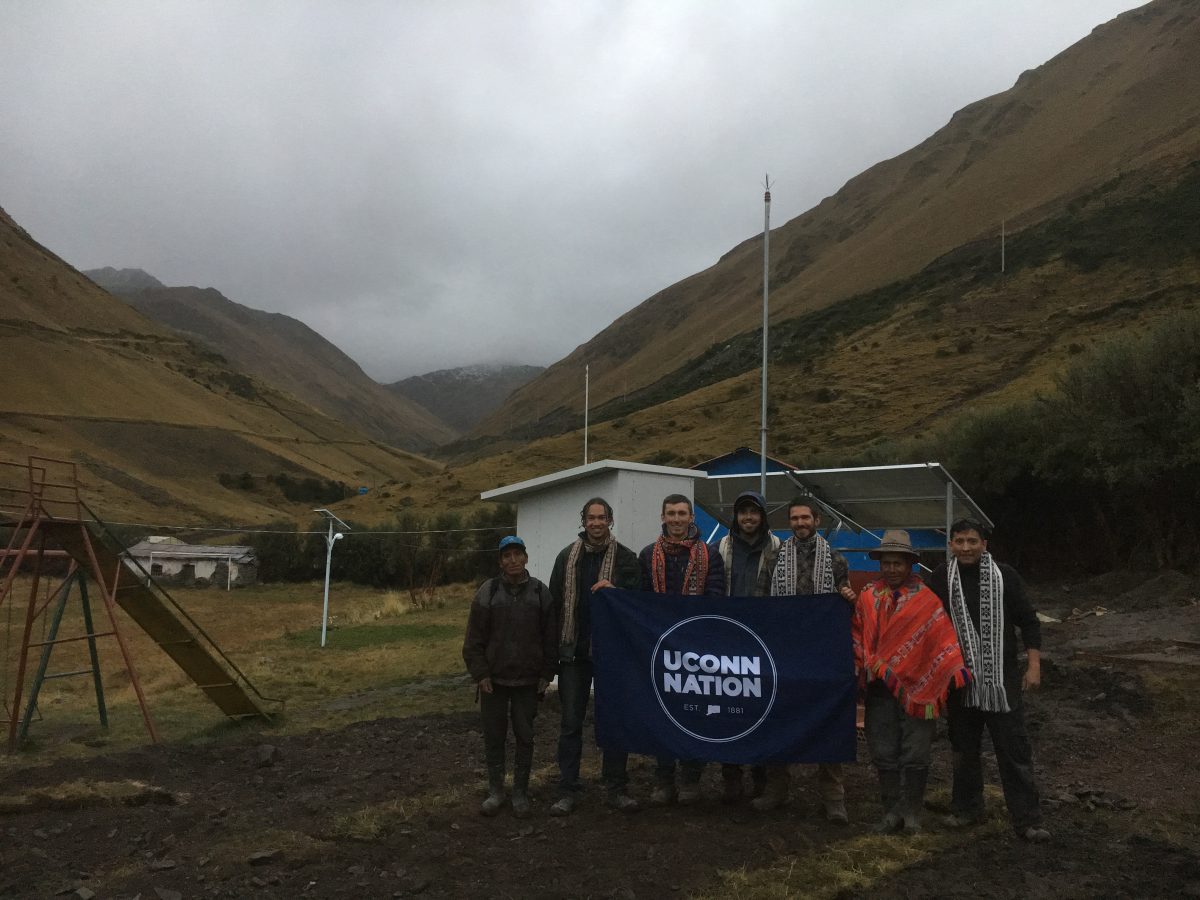This specialization provides students with the academic foundation and core skill set to understand and assess engineering's social and environmental impact.
Throughout history, technological advancements ranging from aqueducts, and interstate highways, to electronic computers and artificial intelligence have been catalysts for significant changes at multiple levels of society. The Human Rights and Sustainability specialization works on forming a curriculum that transmits knowledge of public well-being and ethics to our undergraduate engineers while exploring a wide range of issues that affect public welfare, including social exclusion, poverty, and hunger [1].
In this specialization, students learn how a human rights and sustainability-based framework can be applied in engineering projects and technological developments, grounded in foundational concepts such as human dignity, universality, and leaving no one behind. Courses are offered in five separate segments: core courses; history, philosophy, and theory; applications and methods; elective courses; and capstone courses.
Students in this specialization gain concrete skills and professional exposure to best practices in engineering for human rights. Therefore, they are well-positioned to work as key partners with nonprofit organizations and innovative business partners to push the frontiers of social and environmental sustainability in healthcare, natural resource management, and public access to key services such as transportation and digital security.
[1] "Teaching Engineering for Human Rights: Lessons Learned from a case study-based undergraduate class," https://peer.asee.org/teaching-engineering-for-human-rights-lessons-learned-from-a-case-study-based-undergraduate-class.pdf . 2022.
